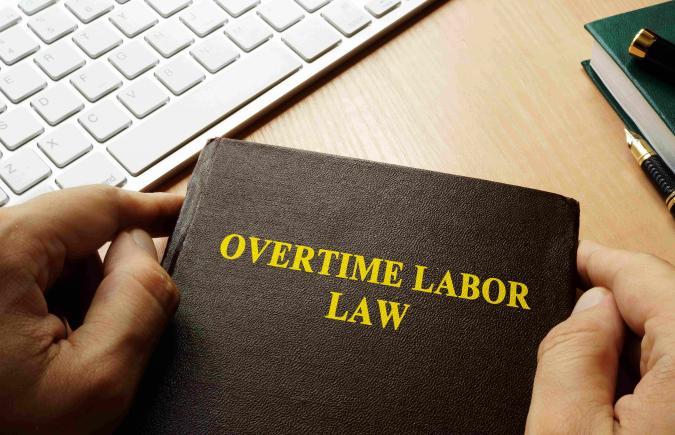McGillivary Steele Elkin LLP has represented thousands of workers who have been wrongly classified as being exempt from receiving overtime pay under the Fair Labor Standards Act (FLSA). These cases arise in all different industries and types of jobs across the country – supervisors, engineers, fire captains, police sergeants, assistant managers, computer technicians, inside salespeople, child protective specialists, investigators – the list is endless. In addition, employers sometimes misclassify employees as independent contractors to avoid not only paying overtime, but paying state and federal taxes, and avoiding a host of labor laws that apply to individual employees.

Wrongly Classifying an Employee as FLSA Exempt to Avoid Paying Overtime
A very common example of misclassification is when a worker is promoted to an alleged managerial or team leader position because of seniority and is then considered exempt from receiving overtime pay, but he or she is still responsible for the same duties they performed before their promotion. Another example we see very often is when certain fire fighters or paramedics are sanctioned to work in a non-fire-suppressing position but are still paid as if that is their primary responsibility.
All hourly paid workers are entitled to FLSA overtime compensation regardless of their job duties. Salaried workers are presumed to be entitled to overtime pay unless their employer can prove that they fall within one of the exemptions to the FLSA. The most common exemptions are for professionals, executives or administrative employees.
If you think you are wrongly classified as being ineligible to receive overtime pay, we can help you get the money you are legally entitled to receive.

